Are you experiencing constant worrying, anxious thoughts, and fear about every little thing happening in your life? Human life is full of reactions. It is normal to be nervous for an interview or anxious because of undergoing financial issues. While some of these emotions are situational, if it occurs continuously and you find yourself being irrationally fearful, then it is advisable to seek professional help.
Anxiety disorder or any other mental health condition may not be very much spoken about but it is commonly experienced by a lot of individuals irrespective of age. Anxiety is not easy to deal with however, coming out of it is entirely possible and you only need to be willing and aware of when to take the right step and visit a therapist.
Understanding anxiety disorder and its symptoms is important before heading to a therapist. In general worrying about obvious and justified stresses is not a sign of anxiety, it is when you exclusively worry about things other people are seen to be comfortable with.
This irrational fear can stretch from a few weeks to a few months, depending on the environment. But if it prolongs for a period of 6 months or more and is present more often than not it might be that you are experiencing clinical anxiety for which seeking therapy immediately is advisable.
Signs and symptoms of anxiety disorders:
The symptoms of anxiety disorder vary from person to person and age group. When an individual gets anxious for a long time, their body goes on high alert. The possibilities of anxiety attacks heighten up in such cases.
Hence, it is necessary to analyze some common symptoms to do the medication as soon as possible. Some of the common signs of anxiety disorders are:
Racing thoughts:
You start doing uncontrollable overthinking. Your thought process keeps on rushing, you want to stop it, but somehow you are not aware of how to control.
Constant nervousness:
You get nervous over anything; this can be as simple as taking a drive on the road. You hesitate to do any new activity because it makes you nervous. Even the things which you liked most to do makes you feel anxious and troublesome.
Difficulties while concentrating:
Whenever you are doing an activity like reading or driving a car, you aren’t able to focus. You get a feeling of suspicion, and you start to panic a lot.
Sleep disorder:
With continuous overthinking, you are not able to get the right amount of sleep. And in some cases, anxiety disorder patients try to detach themselves with the surrounding by sleeping throughout the day.
Changes in appetite:
Anxiety disorders often affect the digestive tract. There is no proper digestion, and as a result, you may face an upset stomach. Sometimes, patients avoid having food as they have a lot of problems going on in their minds. While in other cases, people overeat, through which they get obese.
Dissociation with close members:
Social anxiety disorder is a type of anxiety disorder, wherein an individual tries to detach themselves with society and their closed ones. In the medical world, it is called social phobia; a person gets anxious while talking to their family, friends, and unfamiliar people.
Fast heart rate and sweating:
When a person is facing anxiety disorder, they may get heavy and rapid breathing while thinking about something. Their body will start to shake, and in severe cases, they might get high fever. Also, while overthinking, the heartbeat rate will increase, causing other severe medical issues like a heart attack or high
Extreme tiredness
Even a little work can become tedious for an anxiety disorder patient. They will lack energy while walking or climbing the stairs. In some cases, the patient also goes through frequent dizziness and fainting, which can become disturbing too.
Constant body aches and sickness
Anxiety disorder often leads to sickness and weakness. If you are facing the condition, then you will feel unexplained body aches or headaches at any hour.
Panic attacks:
All the above symptoms are somewhat ordinary and general, but if ignored, it can lead to intense anxiety disorder. Panic attacks are hard to control because the muscles are in extreme tension.
What leads to an anxiety attack?
When an anxiety disorder patient frequently goes through intense shock or fear, then it results in panic attacks or anxiety attacks. These attacks can happen anytime because there are lots of triggers to it.
Some of the common triggers of panic attacks are:
- Sudden, alarming news
- Hyper chest pain
- Troubled breathing because of poor ventilation
- Constant irritation or worry
- Body shaking
If you are facing any of the above symptoms for a longer time, then you should go for an anxiety disorder treatment. Panic attacks are worst, and it can be ignored by giving the right treatment at the right time. You can relieve your anxiety by doing constant therapies. These therapies will help you to improve your self-awareness and physical well-being properly.

